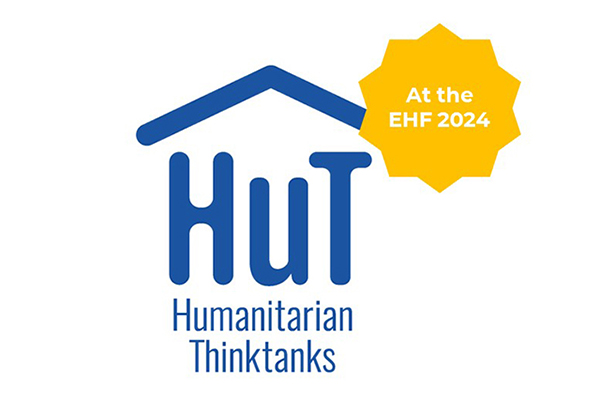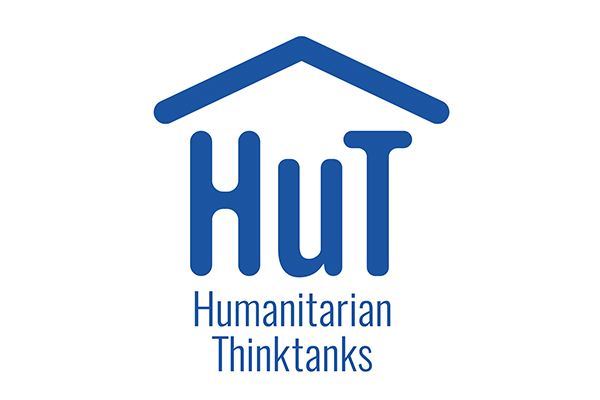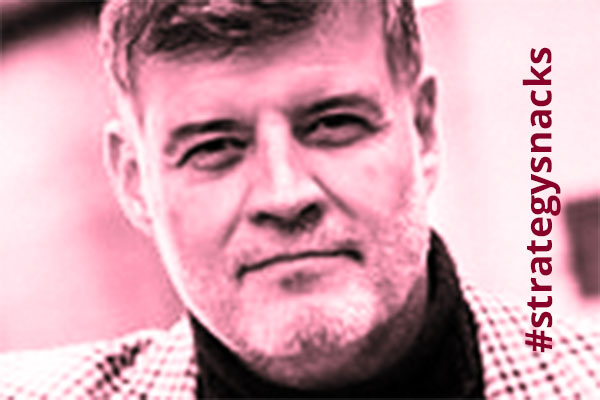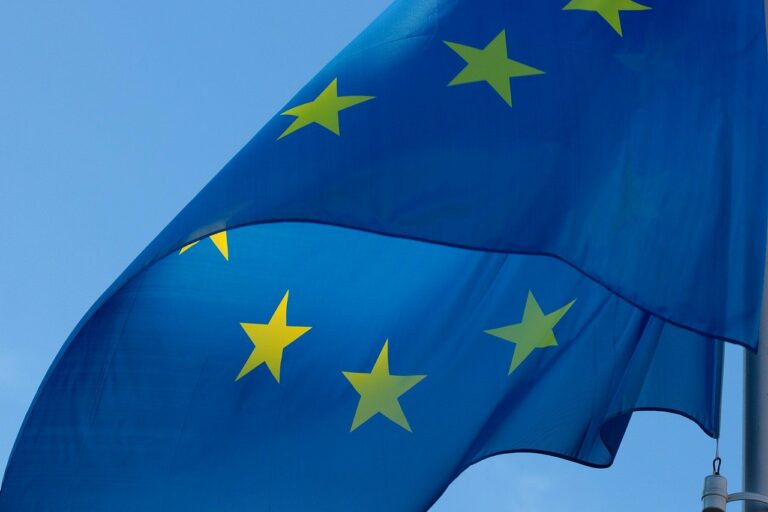| Date: | 18.03.2024 |
| Time: | 15:30 - 16:45 |
| Location: | European Humanitarian Forum, Brüssel |
The current gap between humanitarian needs and the financial resources to respond to them is huge. While public and private donor funds were estimated to be at an all-time high in 2022 (of USD 47bn), the shortfall of USD 20bn that year was a record too. Sadly, this trend is unlikely to end in the foreseeable future. A number of governments and institutional donors have worked to get better at prioritising where and on what they should spend their limited resources – yet we need to move to a strategic approach.
Three dimensions jump out:
First, there are conceptual issues. While operational, life-saving responses might be the obvious choice in prioritising programmes or sectors, there is no agreement on the definition of what ‘life saving’ is. For example, is protection less urgent than food aid? Some have argued for a ‘back-to-basics’ approach. Yet, as today’s multi-layered crises require comprehensive approaches, it is controversial if ‘back to basics’ is either possible or preferable.
Second, prioritisation implies an element of individual decision-making based on institutional priorities, but rising unmet needs mean that complementarity and coordination of funding allocations are even more crucial. Our analysis shows, however, that financial decisions are among those issues least coordinated among donors. Moreover, at a time of increased competition for limited resources, humanitarian organisations tend to broaden their mandates and increase competition rather than search for complementarity.
Third, there is the political factor. Our evidence shows that geopolitical considerations and media attention result in prioritising certain crises over others. There is more concern for responding at scale to high profile crises, rather than focusing on those most in need. Also, funding allocations may more and more be tied to national political goals.
To discuss this issue, the European humanitarian think tank network HuT and former DG ECHO Deputy Director and Grand Bargain Ambassador General Michael Köhler in cooperation with ECHO invited donor representatives to a non-public event under Chatham house rule at the European Humanitarian Forum 2024. The event, organised by HuT members CHA, ODI / HPG, HERE, KUNO, IECAH and URD Groupe, took place on 18 March at 3:30 pm at the EHF 2024 in Brussels. Participation was by invitation only.
Also, there was another meeting of the HuT network on Wednesday, 10 March.






